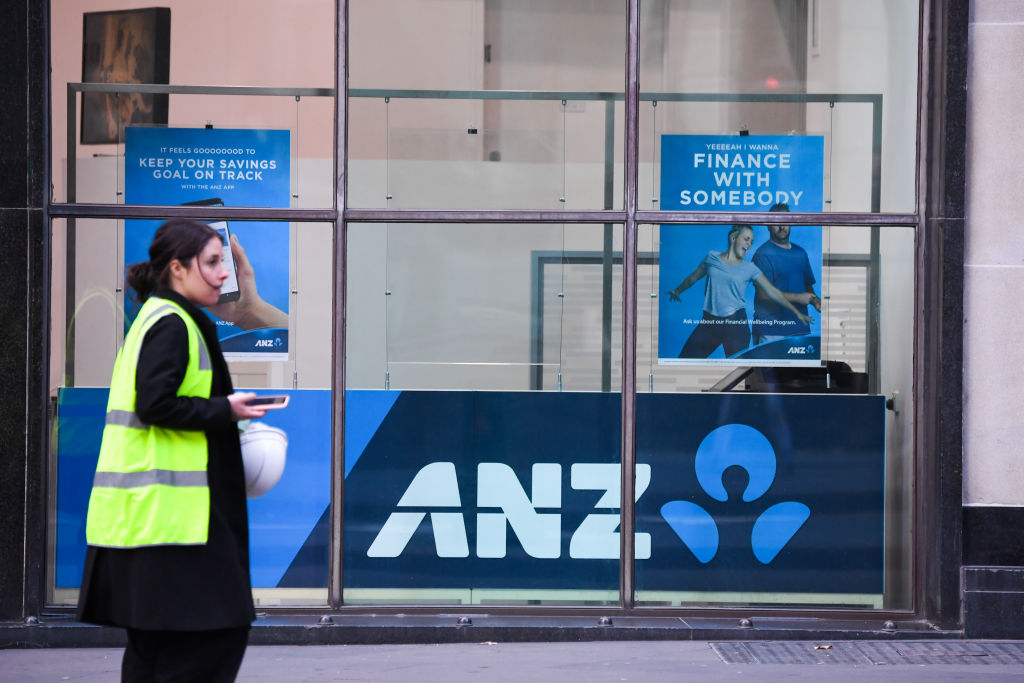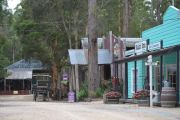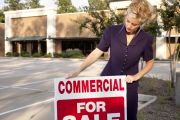
Credit curbs expected to hit property industry
Finance will become harder to secure over the next 12 months, with property industry players expecting slightly higher interest rates, but also anticipating macroprudential controls to curb home loan availability, the latest barometer of property industry sentiment shows.
Debt finance availability expectations dropped to their lowest in a year in the ANZ/Property Council Survey for the September quarter, which was surprising given the likely continuation of generally low borrowing costs, ANZ senior economist Felicity Emmett said.
“Perhaps there’s a perception that after the last year of being awash with liquidity, it’s going to change a little bit,” Ms Emmett said.
“Another factor is that there is increasing talk – most has just been in the last couple of weeks – of macroprudential controls being introduced to the residential sector. That would mean less debt finance availability. That could also be weighing on some respondents’ minds.”
Despite the survey also revealing expectations of only a mild possible increase in borrowing costs over the next 12 months, the concerns about tighter credit access appear valid.
Talk about the possible reintroduction of regulator-driven controls on home loans has been circulating for months – ABS figures for March showed new investor home loan commitments rose at their fastest rate in 18 years – and on Wednesday Australia’s financial regulators said they were preparing a range of possible restrictions.
Credit expectations aside, the Q3 2021 survey with 804 respondents – conducted online between August 30 and September 15 – showed a resilient property industry, despite persistent lockdowns in the two most populous states, NSW and Victoria.
‘Remarkably resilient result’
The headline index of confidence slipped 9 points from June to 130, still above the 100-point level considered neutral and well over the record-low 62 it plunged to in March last year at the onset of the pandemic.
Sentiment among property industry professionals was buoyed by past experience of how quickly the economy could rebound when COVID-19 restrictions were lifted and confidence that increasing vaccination was preparing the way for a reopening of the economy, Property Council chief executive Ken Morrison said.
“Given the level of disruption the industry has faced over the last quarter, this is a remarkably resilient result that remains above the historic average,” Mr Morrison said. “The property industry clearly has faith in Australia’s capacity to rebound and recover.”
Businesses were looking through the current period of lockdown to a time of growth and this could be seen in staffing level expectations, which were little changed from June. In sectors such as construction, where skills shortages were a long-standing problem, employers had kept staff on, Ms Emmett said, aware that it would be hard to recruit suitable new workers “on the other side”.
Confidence levels varied across states, with Victoria the hardest hit, but even the southern state remained in positive territory, with its overall index at 115. WA was the most positive jurisdiction, with a headline confidence reading of 140, followed by SA at 137, NSW at 136, Queensland at 135 and ACT at 122.
The survey showed support for the federal government within the industry fell to its lowest level in 18 months.
“That’s in line with public commentary and general community sentiment that the vaccine rollout was behind what had been previously targeted,” Mr Morrison said.
Sentiment around the different asset classes – hotels, office, retail, residential, retirement living and industrial property – was little changed from June, showing the past three months had thrown up no new questions, Mr Morrison said.











